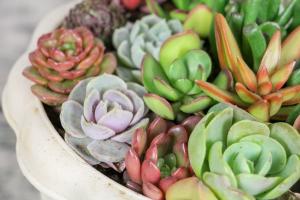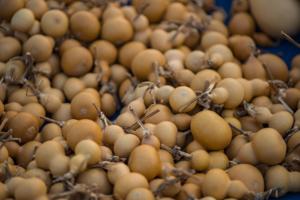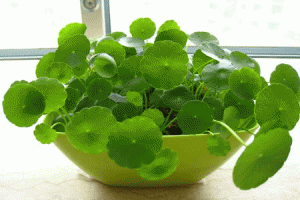How Does Seed Size Affect Plant Growth?
When it comes to plant growth, seed size is an important factor to consider. The size of a seed can affect the plant's germination, growth and final yield. In this article, we will explore the impact of seed size on various aspects of plant growth.
The Importance of Seed Size in Germination
The size of a seed can affect its ability to germinate. A larger seed contains more food reserves and nutrients in its endosperm, which can help nourish the growing seedling during the early stages of growth. This can give larger seeds an advantage when it comes to germination, as they have more resources to draw on than smaller seeds.
However, it's important to note that seed size is not the only factor that affects germination. Other factors such as soil moisture, temperature, and light also play a big role in determining whether a seed will successfully germinate.
Seed Size and Plant Growth
Seed size can also affect various aspects of plant growth, including the plant's size, shape and overall health. In general, larger seeds tend to produce larger plants. This is because the larger seedlings have more energy reserves to draw on as they grow, allowing them to develop larger leaves and thicker stems.
Additionally, larger seeds can also produce plants that are more resistant to stress and disease. This is because the larger endosperm of the seed provides the growing seedling with a greater supply of nutrients, which can support the plant's immune system and help it fight off infections and diseases.
Seed Size and Yield
Seed size can also have an impact on the final yield of a plant. In general, larger seeds tend to produce larger plants with higher yields. This is because the larger seeds produce stronger and more vigorous plants, which are better equipped to produce more fruit or vegetables.
However, it's important to note that other factors such as soil quality, water availability, and climate can also affect the yield of a plant. So while seed size is an important factor in determining a plant's yield, it's only one piece of the puzzle.
The Bottom Line
Overall, seed size can have a significant impact on plant growth and development. Larger seeds have more energy reserves to draw on, which can help promote healthy germination and support strong, vigorous plant growth.
That being said, it's important to note that seed size is not the only factor that affects plant growth. Other factors such as soil quality, water availability, and climate can also play a big role in determining a plant's final yield and overall health.
So if you're looking to grow healthy, strong plants, it's important to consider all of these factors and find a balance that works best for your specific growing conditions.

 how many times do yo...
how many times do yo... how many planted tre...
how many planted tre... how many pine trees ...
how many pine trees ... how many pecan trees...
how many pecan trees... how many plants comp...
how many plants comp... how many plants can ...
how many plants can ... how many plants and ...
how many plants and ... how many pepper plan...
how many pepper plan...

































